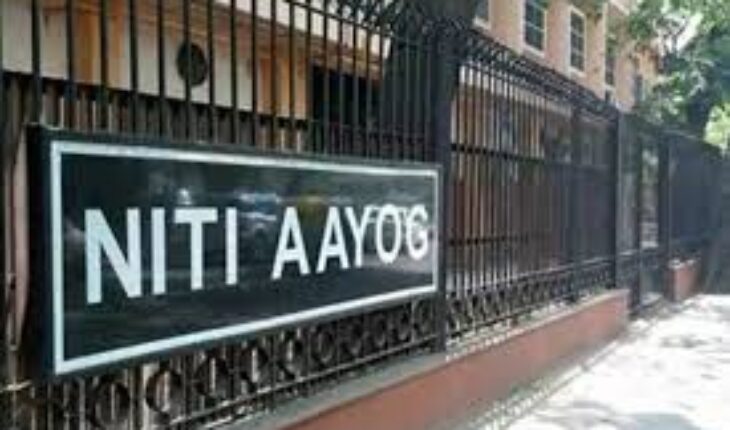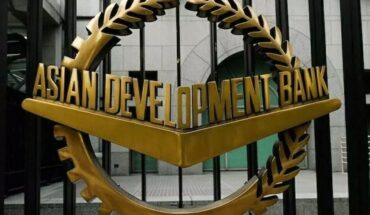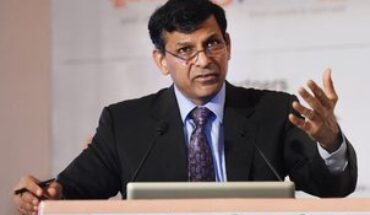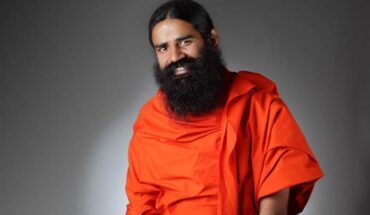New Delhi; Empowered Group on Coordinating with Private Sector, NGOs, and International Organisations for COVID-19-related Response Activities
The UN agencies, World Bank, Asian Development Bank,Civil Society Organisations and development partners
Industry associations – CII, FICCI, ASSOCHAM, NASSCOM
The members of the Empowered Committee, which is chaired by Shri Amitabh Kant, CEO NITI Aayog, include Dr Vijayaraghavan, PSA, Kamal Kishore (Member, NDMA); Sandeep Mohan Bhatnagar (Member, CBIC); Anil Malik (AS, MHA); Vikram Doraiswami, (AS, MEA); P. Harish (AS, MEA); Gopal Baglay (JS, PMO); Aishvarya Singh (DS, PMO); Tina Soni (DS, Cabinet Secretariat); and the work of EG6 is serviced by Sanyukta Samaddar (Adviser, SDG, NITI Aayog).
Six meetings were conducted between 30 March and 3 April with industry associations, IOs, and CSOs about their contribution to the response, their plans for the coming weeks, and the issues they are facing, and their expectations from the government. All 3 groups have proactively pointed out the areas where they need support which the government is following up. They have also been put in touch with other EGs for faster and more effective response and coordination. All minutes of the 6 meetings of the EG 6 have been issued.
International Organisations- EG 6 had detailed meetings with UN Resident Coordinator for India, and country heads of WHO, UNICEF, UNFPA, UNDP, ILO, UN Women, UN-Habitat, FAO, World Bank, and Asian Development Bank. Following the discussions on these IO’s providing technical support in monitoring and surveillance systems, strengthening health and nutritional services, capacity building, finacial resources and critical equipment support, etc, the UN in India has built a Joint Programme Response Plan and submitted to NITI Aayog, defining their clear activities and deliverables in different sectors and States, where they are partnering with Union Ministeries and State Governments.
Civil Society Organisations and development partners
EG 6 conducted detailed deliberations with 40 plus prominent CSOs and NGOs working in different parts of the country and with different communities. Several challenges and issues raised by these CSOs were addressed by the EG6 to faciliate their working in the field during this crisis.
CEO NITI Aayog has written to over 92000 NGOs/ CSOs registered on the Darpan portal of NITI Aayog, appealing them to assist the government in identifying hotspots and deputing volunteers and care givers to deliver services to the elderly, persons with disabilities, children, transgender persons, and other vulnerable groups; to create awareness about prevention, social distancing, isolation, and combating stigma; to provide shelter to homeless, daily wage workers, and urban poor families; set up community kitchens for migrants; services.
Further, CEO has written to all Chief Secretaries urging them to instruct the local administration at the district level to utilise the physical and human resources made available by NGOs and CSOs.Industry Associations – CII, FICCI, ASSOCHAM, NASSCOM and Representatives from Industry
The committee has opened up cross-sectoral dialogue within the private sector and start ups to engender collaboration among them to produce health equipment and PPEs. As many as 8 Start-Ups working in innovative health care solutions, 12 top industry leaders from CII, 6 CEOs from FICCI industry partners, 14 CEOs of top tech-based companies from NASSCOM, participated and deliberated on all issuues ranging of estimation needs for PPE, ventilators and medical equipment, retrofiting domestic production lines to meet demand, supply chain management issues, innovative technology-led solutions, issues of certification, GST, import duties on components, issues of procurement, training, post lock-down operating procedures, etc.
The start-ups, namely, AgVa, Biodesign Innovation Lab, Kaeaenaat, Qure AIDrona Maps, mFine, MicroGo, Staqu, working on innovative ventilator designsn, testing tools, and tracking solutions have been contacted separately to understand their scale and possible contributions.
Industry representatives have also shared in detail the activities undertaken in public advocacy, philanthrophy, CSR by way of running factory kitchens for preparing, distributing free food in coordination with local administration; making available factory hospitals/ premises/ guest houses as quarantine and shelter facilities.
Industry Representatives and the EG 6 deliberated in detail and resolved several challenges on critical issues of health-care intervention, pertaining to ramping up production and procurement of ventilators, PPEs, testing kits, in collaboration with several other EGs; apart from the ways to step up the relief and rehabilitation and information dissemination.
The EG6 has shared with all stakeholders the Government’s response so far- procurement of PPEs and ventilators, role of MEA, communication to CSs of all States, letter to 92,000 CSOs, putting the stakeholders in touch with each other, immediate solutions to the bottlenecks being faced by private sector in coordinating response. Further, synergies have been created by linking the specific issues raised by connecting the industry to other Empowered Groups dealing with procurement (EG 3), logistics (EG 5) and several other EGs.






